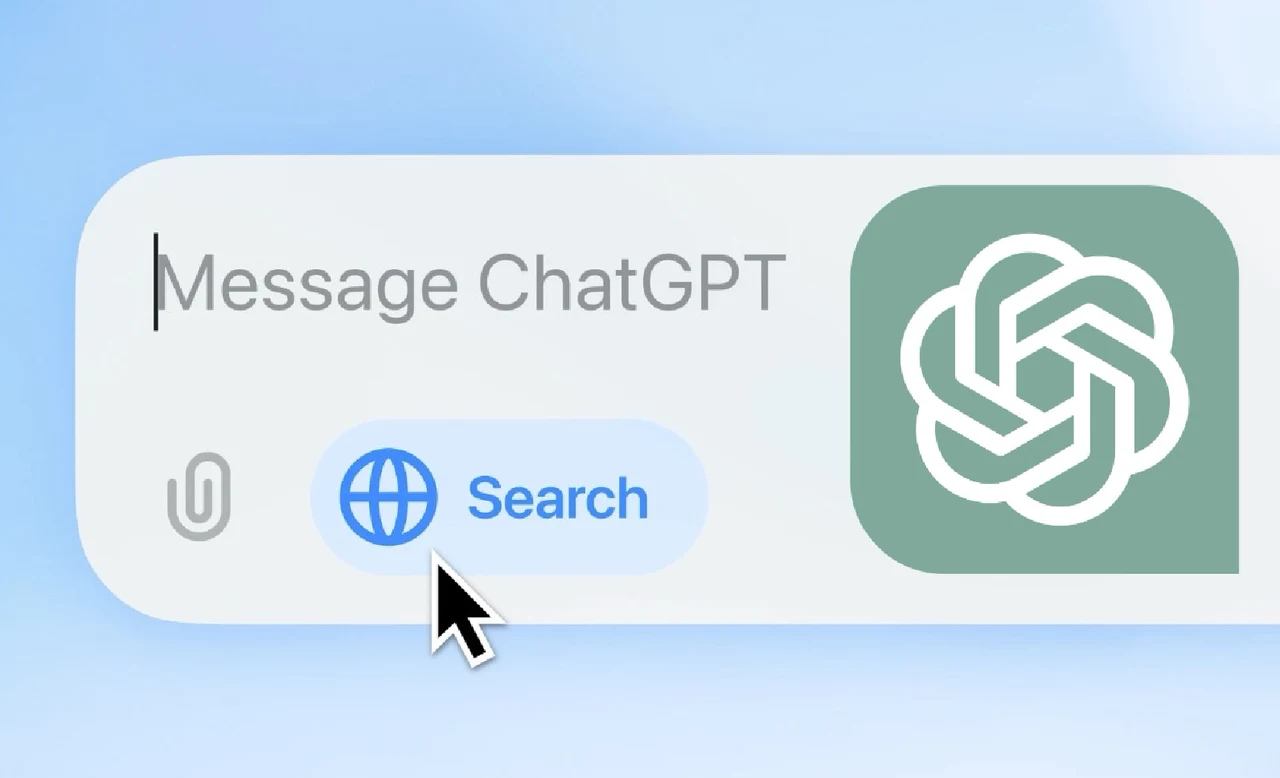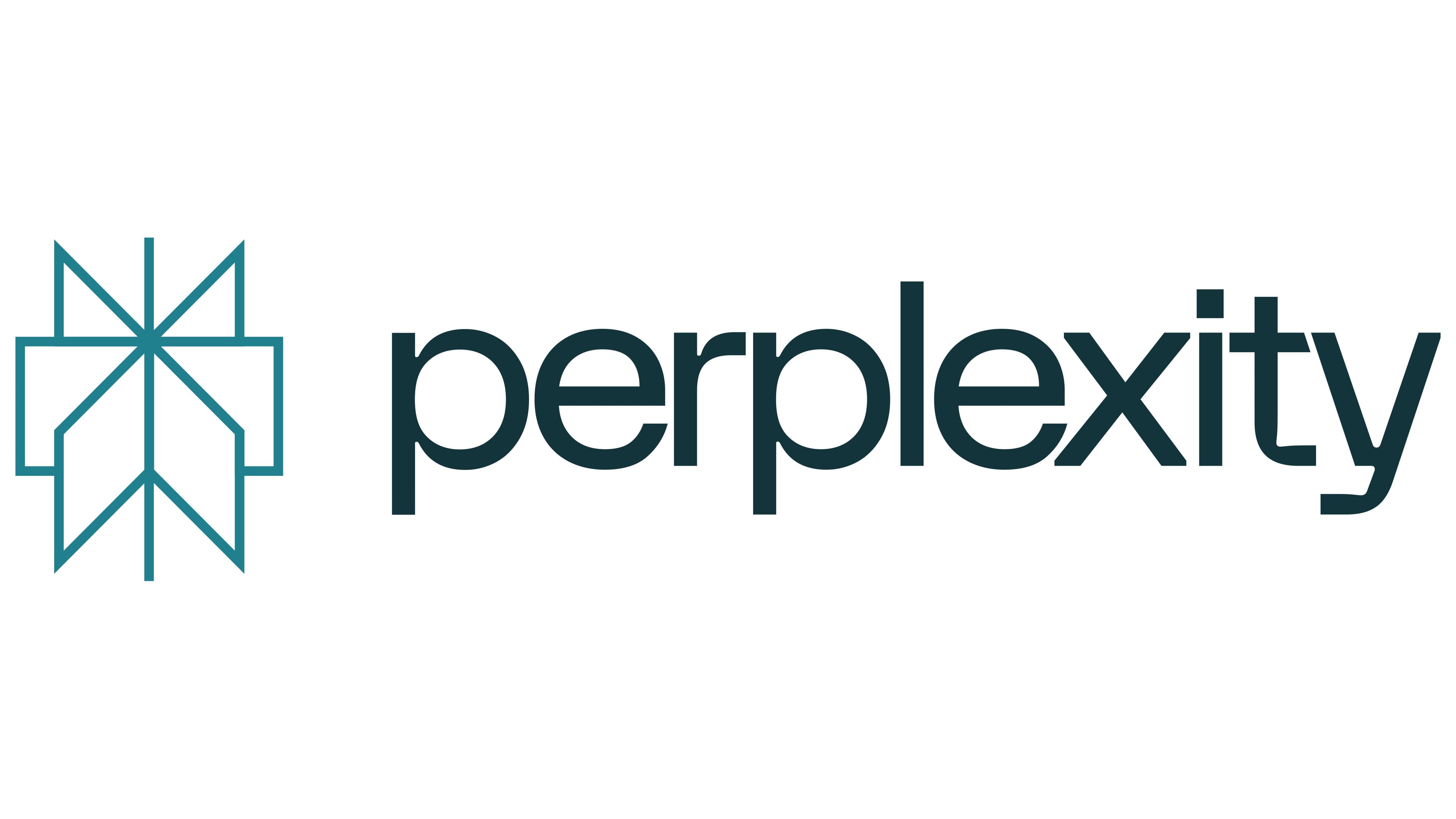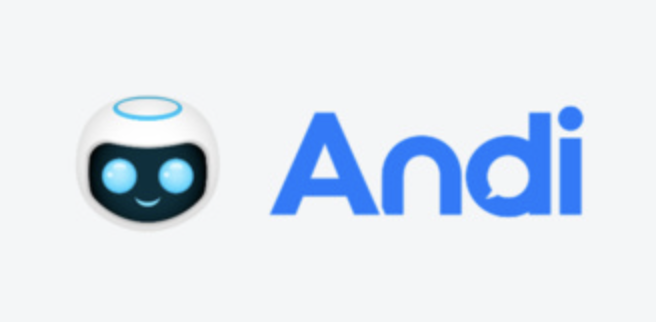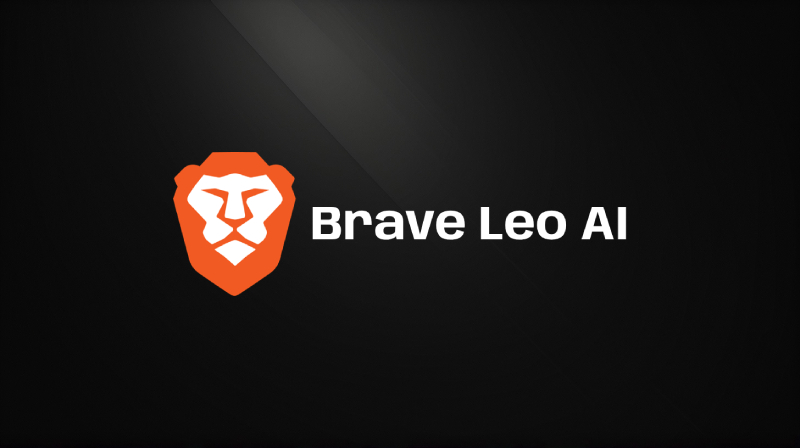
Back to hub
Blog
Software
AI
The best AI search engines in 2025
Published on Jul 28, 2025Updated on Oct 30, 2025
Tired of sifting through endless search results that miss the mark? Welcome to the era of AI-powered search engines that actually understand what you're looking for.
Remember the days when finding information online felt like looking for a needle in a haystack? You'd type in a query, get thousands of results, and then spend precious minutes (or hours!) clicking through links to find that one piece of information you actually needed. Those days are becoming a distant memory, thanks to the revolutionary world of AI search engines.
Just like how modern B2B outreach platforms like Emelia.io have transformed how businesses connect with prospects by understanding intent and personalizing communications, AI search engines are revolutionizing how we discover information online. Instead of just matching keywords, these intelligent platforms understand context, intent, and nuance – giving you answers, not just links.
What Makes AI Search Engines Different?
AI search engines leverage the technology behind AI chatbots like ChatGPT to fetch answers to your queries without sending you down rabbit holes. They automatically pick the links most relevant to your questions and summarize them for you. You don't have to scroll through a list of URLs or peruse entire websites to find a little piece of information. It's as if you have a personal search engine assistant — or even better, an AI Browser that can actively explore and retrieve the right data for you in real time.
Think of traditional search engines as librarians who hand you a list of books that might contain your answer. AI search engines, on the other hand, are like having a research assistant who reads all those books for you and gives you a personalized summary with citations.
Key Advantages of AI Search Engines:
Natural Language Processing: AI's ability to understand natural language means it can interpret your questions really well, even if you don't use certain keywords
Contextual Understanding: They grasp the intent behind your query, not just keywords
Conversational Search: You can ask follow-up questions, and the engine will remember what you were looking for and build on it
Source Citation: Most provide clear references for their answers
Real-time Information: Access to current data and recent developments
The Top AI Search Engines to Try in 2025
1. ChatGPT Search - The Conversational Champion

ChatGPT Search focuses on conversational search with strong contextual understanding of search phrases, enabling it to respond to queries related to geographic location and recent events. OpenAI uses a variety of services to produce search results, including Bing.
Best for: Conversational queries, follow-up questions, and complex research tasks Pricing: Available to all logged-in users (free and paid)
Why it's great: ChatGPT Search feels like having a conversation with a knowledgeable friend. You can ask clarifying questions, build on previous queries, and get nuanced explanations that adapt to your specific needs.
2. Perplexity AI - The Research Assistant

Perplexity is a search engine built with AI from the ground up. It swaps out the conventional blue links for a chatbot-like interface and allows you to converse with search results.
Best for: Academic research, content creation, and fact-checking Pricing: Free tier available; Pro at $20/month
Perplexity positions itself as a "conversational answer engine." It excels at providing direct, accurate answers backed by clear source citations. Think of it as a research assistant that shows its work.
The platform is particularly valuable for B2B marketers and content creators who need reliable, citable information quickly. Whether you're researching market trends for your outreach campaigns or gathering competitive intelligence, Perplexity's source citations make it easy to verify and reference your findings.
3. Google AI Overviews - The Familiar Innovator

Google offers the best of both worlds: a traditional search engine and generative AI in one place. Its AI Overviews provide summaries of sources related to your question on top of the conventional list of blue links.
Best for: Users who want AI features without leaving the Google ecosystem Pricing: Free
Google's approach is like having training wheels for AI search – you get the smart summaries but can still fall back on traditional search results when needed.
4. Microsoft Copilot (Bing AI) - The Integrated Solution

Copilot leverages a deep collaboration with OpenAI to enhance search results and user interaction. This AI-powered search engine goes beyond simple keyword matching by understanding user intent and context. One of Copilot's standout features is its integration with ChatGPT.
Best for: Microsoft ecosystem users, business professionals Pricing: Free tier available; integrated with Microsoft 365 plans
5. You.com - The Privacy-First Option

You.com takes a different approach by prioritizing user privacy and offering an ad-free experience. This AI-powered search engine uses natural language processing (NLP) and AI chatbots to deliver high-quality, relevant results. What sets You.com apart is its commitment to keeping user data private.
Best for: Privacy-conscious users, professionals handling sensitive information Pricing: Free and paid tiers available
Specialized AI Search Engines Worth Exploring
Phind - For Developers and Tech Teams

Phind is an AI search engine specifically tailored for developers and technical questions. It provides code examples, explanations, and debugging help, often citing sources like Stack Overflow and documentation.
Perfect for SaaS companies and tech startups that need quick answers to coding questions or technical troubleshooting.
Andi Search - The Ad-Free Alternative

Andi is a factually grounded AI search engine that was purposely created to offer trustworthy answers while avoiding hallucinations. It uses large language models to understand questions then fetches web sources with correct answers. This way of answering questions is friendly to websites because it's not trying to hold on to users.
Brave Leo - Privacy-Focused Browser Integration

If you already use and trust the Brave browser for its privacy features, Leo provides convenient AI capabilities without needing a separate tool, while maintaining a strong privacy stance.
How AI Search Engines Are Changing Business Research
For B2B professionals, these AI search engines are game-changers. Instead of spending hours researching prospects, market trends, or competitive intelligence, you can get comprehensive insights in minutes.
Consider this scenario: You're preparing for an outreach campaign using a platform like Emelia.io. Previously, you might have spent hours researching each target company, their pain points, and recent developments. With AI search engines, you can quickly ask: "What are the main challenges facing SaaS companies in the cybersecurity sector in 2025?" and get a comprehensive, cited summary in seconds.
Benefits for Business Users:
Faster Market Research: Get industry insights and trends quickly
Competitive Intelligence: Understand competitor strategies and positioning
Content Ideation: Generate topic ideas based on trending discussions
Lead Qualification: Research prospects and their business challenges efficiently
Trend Analysis: Stay updated on industry developments
The Future of AI Search: What's Coming Next
As we look forward, AI in search is not just evolving; it's revolutionizing. With advancements like voice search and conversational AI, the future promises a search experience that's more akin to talking with a knowledgeable friend than interacting with a machine.
We're moving toward a future where search engines will:
Predict Information Needs: Anticipating what you'll need before you ask
Multimodal Search: Combining text, image, and voice queries seamlessly
Personalized Results: Adapting to your industry, role, and preferences
Real-time Collaboration: Sharing and building on searches with team members
Tips for Getting the Most from AI Search Engines
1. Be Conversational
Instead of typing "best CRM software," try "What CRM software would work best for a 50-person B2B SaaS company focused on lead generation?"
2. Ask Follow-up Questions
Don't stop at the first answer. Ask "What about pricing?" or "How does this compare to alternatives?"
3. Request Specific Formats
Ask for "a comparison table" or "bullet points" or "step-by-step instructions" to get information in your preferred format.
4. Use Context
Mention your role, industry, or specific situation for more tailored results.
5. Verify Important Information
While AI search engines are generally accurate, always check sources for critical business decisions.
Choosing the Right AI Search Engine for Your Needs
The "best" AI search engine depends on your specific use case:
For Research and Content Creation: Perplexity AI's citation features make it ideal
For Conversational Queries: ChatGPT Search offers the most natural interaction
For Privacy: You.com or Brave Leo are your best bets
For Google Users: AI Overviews provide a smooth transition
For Developers: Phind is purpose-built for technical queries
For Business Integration: Microsoft Copilot works well with existing workflows
The Bottom Line: AI Search is Here to Stay
AI search engines aren't just a trend – they're the future of how we find and consume information. An estimated 112.6 million people in the U.S. used AI-powered tools in 2024. With AI-driven search engines becoming smarter and more intuitive, businesses and content creators must adapt their strategies to stay visible in search results.
Just as successful B2B outreach has evolved from spray-and-pray tactics to personalized, intelligent engagement (think platforms like Emelia.io that understand prospect behavior and customize approaches), search is evolving from keyword matching to intent understanding and personalized results.
The companies and professionals who embrace these tools now will have a significant advantage in research efficiency, content creation, and decision-making speed.
Frequently Asked Questions
What's the difference between AI search engines and traditional search engines?
Traditional search engines primarily rely on keyword matching algorithms, while AI search engines use machine learning techniques and natural language processing to better understand the context and intention behind queries.
AI engines provide direct answers with citations rather than just lists of links.
Are AI search engines free to use?
Most AI search engines offer free tiers with basic functionality. Premium features like advanced AI models, unlimited searches, or additional capabilities typically require paid subscriptions ranging from $10-20 per month.
Can AI search engines replace Google?
While AI search engines excel at answering specific questions and research tasks, Google still dominates for navigational searches, local results, and shopping queries. Many users find value in using both traditional and AI search engines for different purposes.
How accurate are AI search engine results?
Recent benchmarks show accuracy rates varying by platform, with some achieving 57% accuracy on complex queries. Users should verify important information and check sources, especially for critical business decisions.
Which AI search engine is best for business research?
Perplexity AI is often preferred for business research due to its strong source citation features, while ChatGPT Search excels for conversational queries and follow-up questions. The choice depends on your specific research needs and workflow preferences.
Do AI search engines track user data?
This varies by platform. You.com and Brave Leo prioritize privacy, while others may collect usage data. Always review privacy policies if data protection is a concern for your business.
Can I use AI search engines for SEO research?
Yes, AI search engines are excellent for SEO research, competitive analysis, and content ideation. They can quickly provide insights into trending topics, competitor strategies, and keyword opportunities that would take much longer to research manually.

Clear, transparent prices without hidden fees
No commitment, prices to help you increase your prospecting.
Credits(optional)
You don't need credits if you just want to send emails or do actions on LinkedIn
May use it for :
Find Emails
AI Action
Phone Finder
Verify Emails
€19per month
1,000
5,000
10,000
50,000
100,000
1,000 Emails found
1,000 AI Actions
20 Number
4,000 Verify
€19per month
Discover other articles that might interest you !
See all articlesSoftware
Published on Jun 24, 2025
Expandi vs Waalaxy: Find out Which one to Choose
 Niels Co-founder
Niels Co-founderRead more
Blog
Published on May 20, 2025
The 8 best URL shorteners in 2025
 Mathieu Co-founder
Mathieu Co-founderRead more
B2B Prospecting
Published on Apr 1, 2025
6 Awesome B2B Data Providers: Your Guide to Fresh, Actionable Data in 2025
 Niels Co-founder
Niels Co-founderRead more
Software
Published on Jun 24, 2025
LeadFuze vs Waalaxy: Comprehensive Analysis to Help you Make the Best Choice
 Niels Co-founder
Niels Co-founderRead more
Tips and training
Published on May 19, 2025
Master CFBR LinkedIn: Enhance Your Engagement Strategy
 Niels Co-founder
Niels Co-founderRead more
AI
Published on Jun 18, 2025
The 5 Best AI Content Generators in 2025
 Niels Co-founder
Niels Co-founderRead more
Made with ❤ for Growth Marketers by Growth Marketers
Copyright © 2026 Emelia All Rights Reserved
